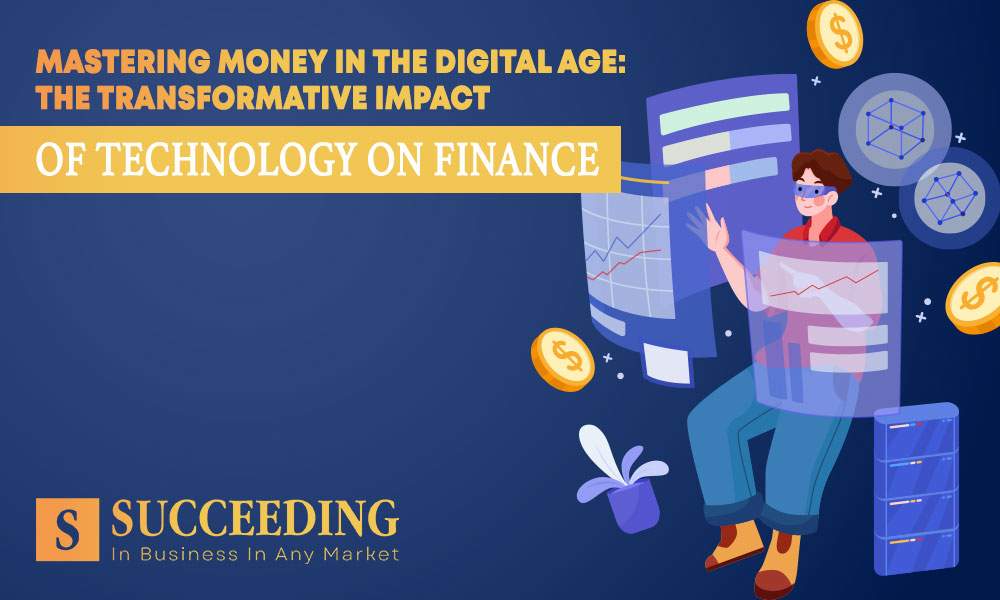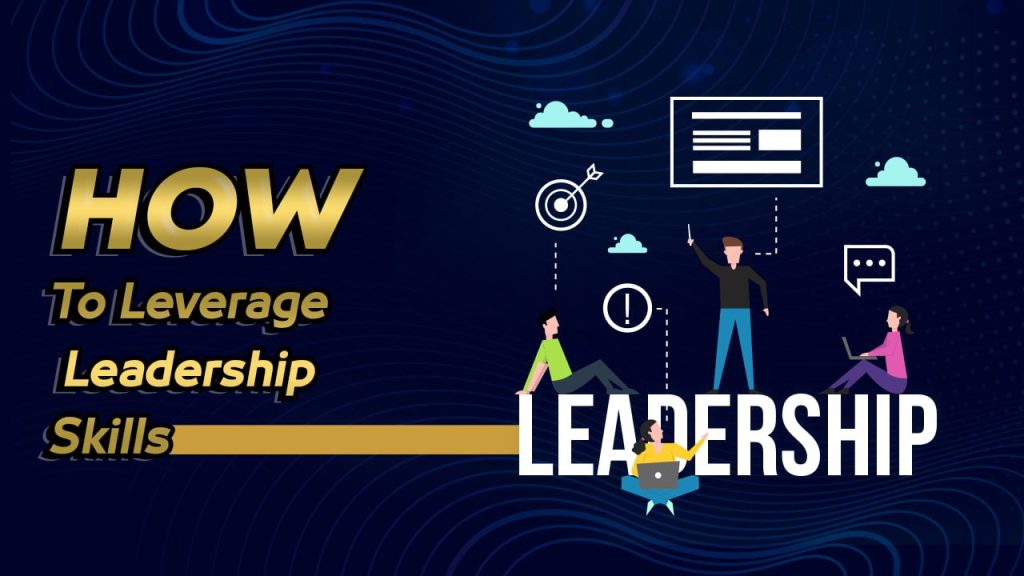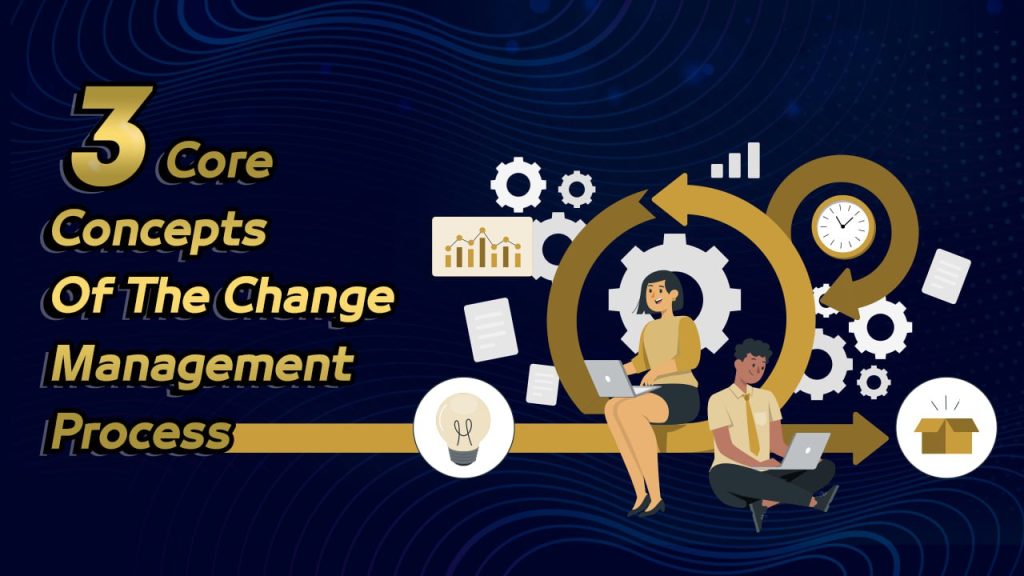In an era characterized by unprecedented technological advancements, the impact of technology on various aspects of our lives is undeniable. One domain where this influence is particularly transformative is personal finance. The fusion of finance and technology, commonly known as fintech, has revolutionized how individuals manage and master their money. In this article, we’ll explore the multifaceted impact of technology on money mastery, examining the rise of fintech, the role of digital payment solutions, the influence of automation and artificial intelligence, the power of big data, cybersecurity challenges, and the potential future trends that may shape the landscape of personal finance.
1: The Rise of Fintech
The financial technology (fintech) revolution has fundamentally altered the way individuals interact with their money. Fintech encompasses a broad spectrum of technologies and innovations that leverage digital platforms to deliver financial services. Mobile banking apps, robo-advisors, and peer-to-peer payment systems have become integral tools for modern money management. The convenience of accessing financial services anytime, anywhere, has empowered individuals to take greater control over their finances.
2: Digital Payment Solutions
Digital payment solutions have redefined the transactional landscape. Mobile wallets, contactless payments, and cryptocurrencies have ushered in an era of fast, secure, and efficient financial transactions. The ability to make payments with a simple tap or click has not only streamlined day-to-day transactions but has also fostered financial inclusion by providing access to banking services for individuals in underserved communities.
3: Automation and Artificial Intelligence
Automation and artificial intelligence (AI) have brought about a paradigm shift in personal finance. AI-powered tools, including budgeting apps and investment algorithms, automate routine financial tasks and offer intelligent insights. These technologies analyze spending patterns, provide personalized recommendations, and even assist in optimizing investment portfolios. The marriage of automation and AI has democratized access to sophisticated financial management tools, enabling individuals to make more informed decisions.
4: Big Data and Personalized Financial Insights
The era of big data has given rise to personalized financial insights. Financial institutions leverage vast amounts of data to offer tailored recommendations, credit scoring, and predictive analysis. By analyzing individual spending habits, income patterns, and financial goals, big data analytics provides a holistic view of a person’s financial health. This personalized approach enhances money mastery by offering actionable insights that align with individual circumstances.
5: Cybersecurity Challenges and Solutions
The increased reliance on technology in finance has brought forth new challenges, particularly in the realm of cybersecurity. As financial transactions become more digitized, the risk of cyber threats grows. However, technology also serves as a bulwark against these threats. Advanced encryption, biometric authentication, and real-time monitoring are among the tools employed to secure financial transactions. The ongoing development of cybersecurity measures is critical to maintaining trust in digital financial systems.
6: The Future of Money Mastery with Technology
Looking ahead, the future promises even more innovation in financial technology. Decentralized finance (DeFi), blockchain applications, and the evolution of digital currencies are emerging trends that may reshape money mastery. DeFi platforms offer decentralized alternatives to traditional financial services, while blockchain technology ensures secure and transparent transactions. The potential integration of central bank digital currencies (CBDCs) further highlights the dynamic nature of the financial landscape.

Conclusion
In navigating the digital landscape of personal finance, it is evident that technology has become an indispensable ally in mastering money. From the convenience of mobile banking to the personalized insights offered by AI, each technological innovation contributes to a more empowered and informed approach to financial management. As we continue to witness the evolution of fintech, the potential for individuals to achieve greater financial mastery is both exciting and promising.
Share your experiences with financial technology! Comment on your favorite apps or tools and discuss how technology has influenced your money management journey.
FAQs:
Q1: How has fintech improved financial accessibility for individuals?
A1: Fintech has significantly improved financial accessibility by providing convenient and inclusive solutions. Mobile banking apps and digital payment systems enable individuals, even in remote areas, to access banking services and make transactions with ease. Fintech has also played a crucial role in financial inclusion by offering services tailored to diverse needs, thereby bridging gaps and making financial services more accessible to a broader population.
Q2: Are there risks associated with using digital payment solutions and cryptocurrencies?
A2: While digital payment solutions and cryptocurrencies offer numerous benefits, they also come with certain risks. Cybersecurity threats, such as hacking and fraud, pose challenges to the security of digital transactions. Additionally, the value volatility associated with cryptocurrencies can impact the stability of investments. It’s important for users to stay informed about security measures, use reputable platforms, and exercise caution when dealing with digital currencies to mitigate these risks effectively.
Q3: How can individuals protect themselves from cybersecurity threats in digital finance?
A3: Protecting oneself from cybersecurity threats involves adopting proactive measures. Utilize strong, unique passwords and enable two-factor authentication for added security. Regularly update software and applications to patch vulnerabilities. Be cautious of phishing attempts and only use secure, reputable platforms for financial transactions. Keeping abreast of cybersecurity best practices and staying informed about emerging threats empowers individuals to navigate the digital financial landscape safely.
Q4: What is the role of decentralized finance (DeFi) in the future of money mastery?
A4: Decentralized finance (DeFi) holds the potential to reshape traditional financial systems by offering decentralized alternatives to banking services. DeFi platforms facilitate peer-to-peer transactions, lending, and other financial activities without reliance on traditional intermediaries. This can lead to greater financial inclusion, reduced costs, and increased accessibility to a broader range of financial services. However, as with any emerging technology, it is essential to closely monitor developments and consider associated risks and regulations.




